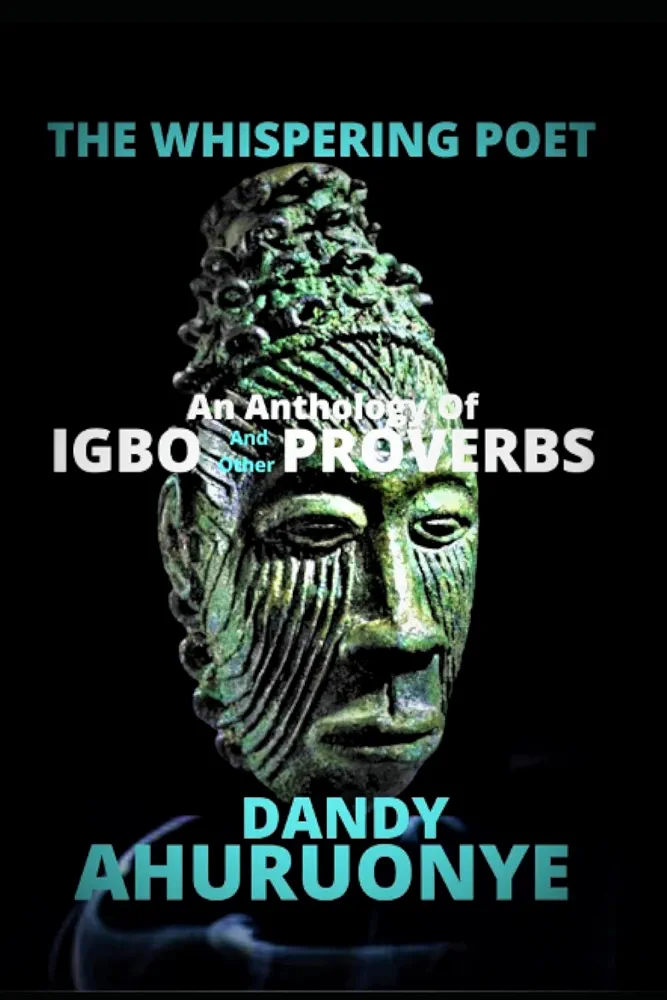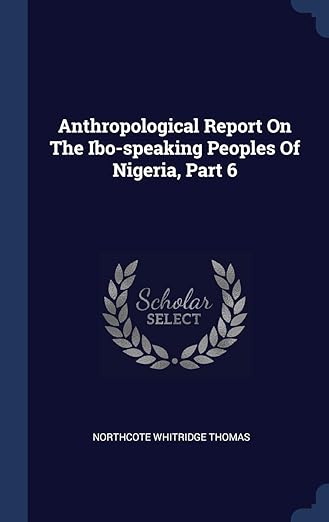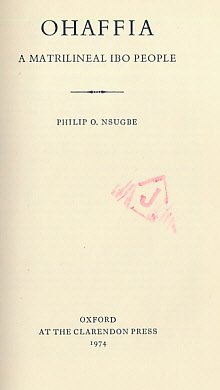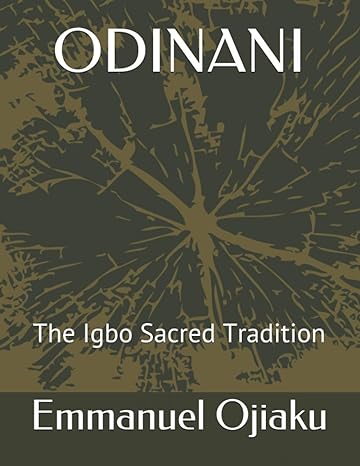Book Details
- Title: The Igbo of Southeast Nigeria
- Author: Victor C. Uchendu
- Publisher: Holt, Rinehart & Winston; Later printing edition
- Publication Date: January 1, 1965
- Format: Paperback
- Pages: 111
- Language: English
Author Profile
Victor C. Uchendu was an esteemed professor of Sociology and Anthropology with a career spanning over three decades. He was a pioneering figure in African studies, particularly known for his work on the Igbo people of Nigeria.
Uchendu’s academic journey led him to teach and hold administrative positions at several prestigious universities around the world. His international experience included roles at Stanford University, Makerere University, the University of Ghana, Legon, and the University of Illinois, Urbana.
As a widely published scholar, Uchendu authored 15 books, contributing significantly to the field of African history and culture. His work “The Igbo of Southeast Nigeria” is particularly notable for its in-depth analysis of Igbo society and its interactions with European influences.
Tragically, Uchendu’s life came to an untimely end on December 7, 2006, when he was killed in his home in Umuahia, Abia State, Nigeria. It was reported that this heinous act was committed to prevent him from becoming the mayor of his community. His death was a profound loss, but his legacy continues through his influential works
Overview
Uchendu’s book is an in-depth exploration of the Igbo social system and worldview. It discusses the Igbo’s contact with European culture and the internal warfare that shaped their society.
Cultural and Historical Context
The book provides a detailed look at the complexities of Igbo society, examining social structures, cultural norms, and the impact of colonialism.
Anthropological Significance
As a valuable anthropological resource, the book offers insights into the past, shedding light on the dynamics of the Igbo community.
Strengths and Areas for More Information
- Depth of Analysis: Uchendu’s research offers a profound understanding of the Igbo people, their customs, and societal structures.
- Cultural Insights: The book shines a light on the rich cultural heritage of the Igbo, providing a nuanced view of their traditions and beliefs.
- Historical Relevance: Capturing a pivotal period in Igbo history, the book provides valuable context for contemporary studies and discussions on post-colonial African societies.
While the book is comprehensive, readers interested in more recent developments may seek additional information on:
- Contemporary Dynamics: How Igbo society has evolved since the time of Uchendu’s writing.
- Modern-Day Applications: The relevance of Uchendu’s findings in today’s sociocultural landscape within the Igbo community.
Conclusion
“The Igbo of Southeast Nigeria” by Victor C. Uchendu is a foundational text in Igbo studies, offering valuable historical and cultural perspectives. Its strengths lie in its thorough research and historical relevance, making it a recommended read for those interested in the anthropology of African societies.
Discover more from Igbo Archives
Subscribe to get the latest posts sent to your email.







